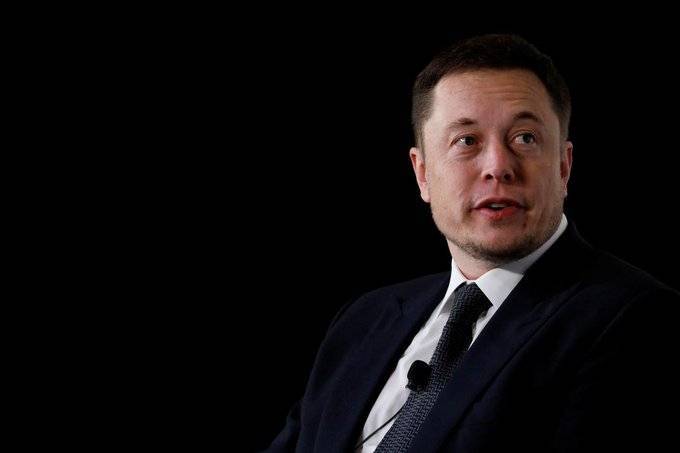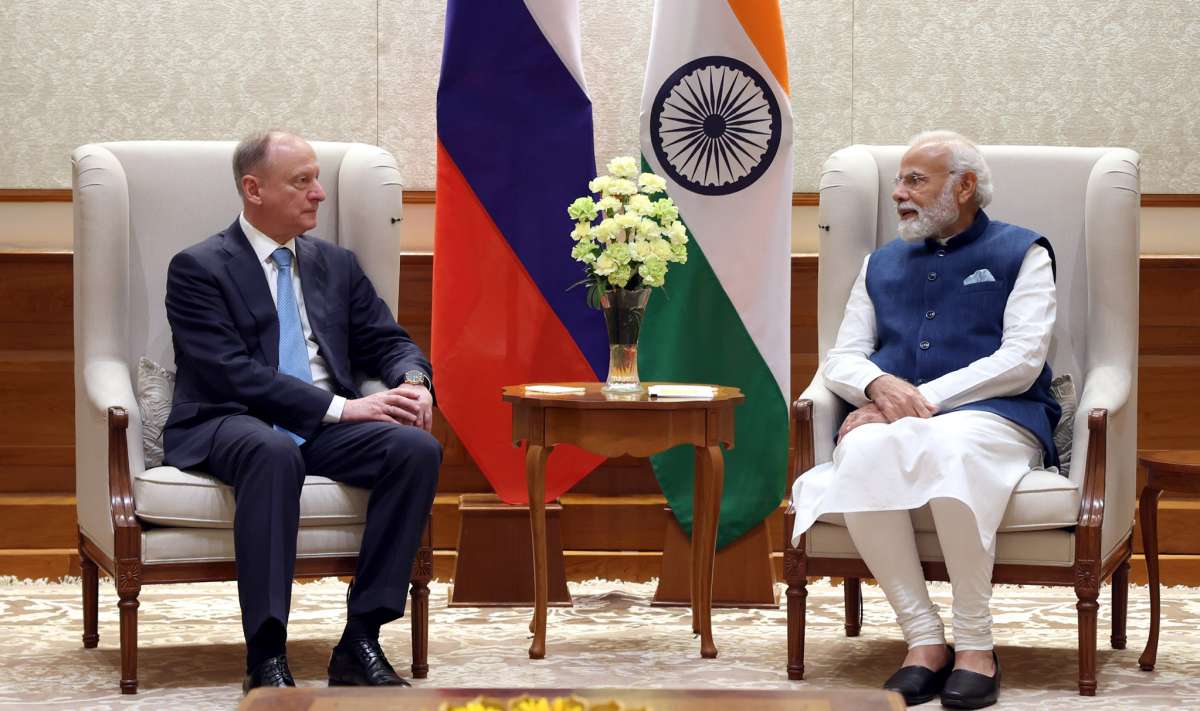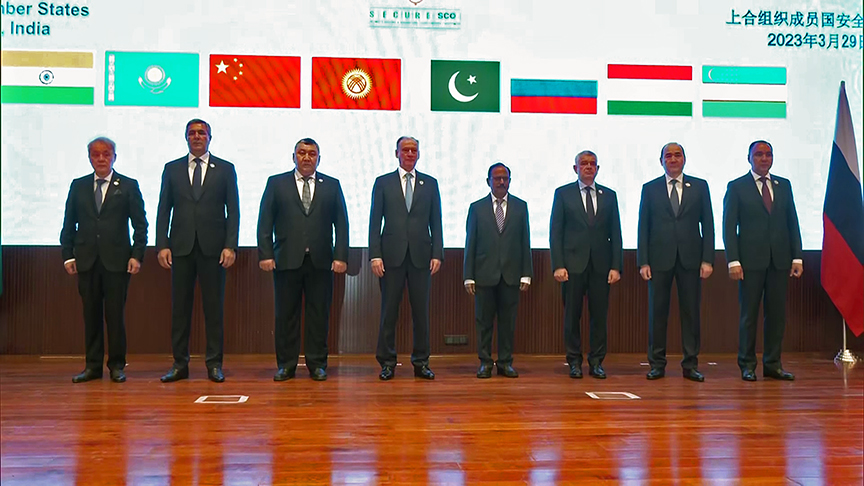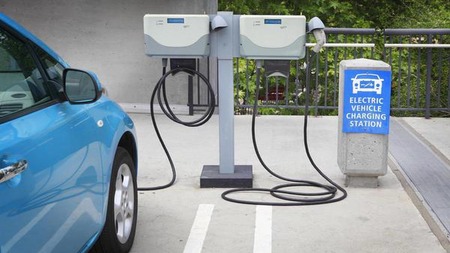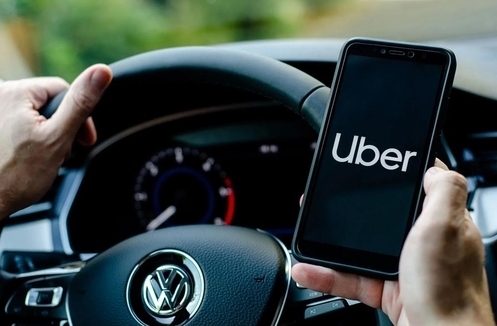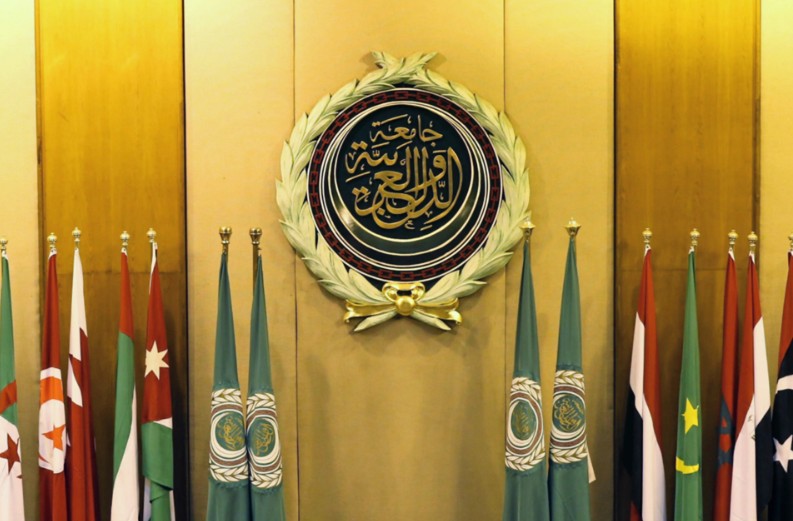The letter said that advanced AI could represent a profound change in the history of life on Earth, and should be planned for and managed with commensurate care and resources…reports Asian Lite News
As AI chatbots come of age, several top entrepreneurs and AI researchers, including Tesla and Twitter CEO Elon Musk and Steve Wozniak, Co-founder of Apple, have written an open letter, asking all AI labs to immediately pause training of AI systems more powerful than GPT-4 for at least 6 months.
Arguing that AI systems with human-competitive intelligence can pose profound risks to society and humanity, more than 1,100 global AI researchers and executives signed the open letter to pause “all giant AI experiments”.
“We call on all AI labs to immediately pause for at least 6 months the training of AI systems more powerful than GPT-4. This pause should be public and verifiable, and include all key actors. If such a pause cannot be enacted quickly, governments should step in and institute a moratorium,” they wrote.
The open letter comes as reports surfaced that Musk tried to take control of OpenAI, the creator of ChatGPT, in early 2018 but Sam Altman and OpenAI’s other founders rejected Musk’s proposal.
Musk, in turn, walked away from the company and reneged on a massive planned donation, according to Semafor. Musk reneged on a promise to supply $1 billion in funding, but contributed only $100 million before he walked away.
The open letter against AI experiments has other big names like Jaan Tallinn, Co-Founder of Skype, Evan Sharp, Co-Founder, Pinterest, and Chris Larsen, Co-Founder, Ripple.
The letter said that advanced AI could represent a profound change in the history of life on Earth, and should be planned for and managed with commensurate care and resources.
“Unfortunately, this level of planning and management is not happening, even though recent months have seen AI labs locked in an out-of-control race to develop and deploy ever more powerful digital minds that no one – not even their creators – can understand, predict, or reliably control,” it elaborated.
“Contemporary AI systems are now becoming human-competitive at general tasks, and we must ask ourselves: Should we let machines flood our information channels with propaganda and untruth?”
“Should we automate away all the jobs, including the fulfilling ones? Should we develop non-human minds that might eventually outnumber, outsmart, obsolete and replace us? Should we risk loss of control of our civilisation?” asked the letter.
The letter stated that such decisions must not be delegated to unelected tech leaders.
“Powerful AI systems should be developed only once we are confident that their effects will be positive and their risks will be manageable. This confidence must be well justified and increase with the magnitude of a system’s potential effects.”
OpenAI’s recent statement regarding artificial general intelligence, states: “At some point, it may be important to get independent review before starting to train future systems, and for the most advanced efforts to agree to limit the rate of growth of compute used for creating new models.”
“We agree. That point is now,” the letter said.


